The human body has always had its biological rhythm, including the alternation of wakefulness and sleep. This rhythm is disturbed, especially in today's times full of worries and everyday stress.
In the past, the insomnia phenomenon was associated mainly with the elderly; nowadays, sleep problems are observed in younger and younger people. Currently, this type of ailment is no longer treated only as a symptom accompanying other conditions – but as a separate disease entity requiring comprehensive treatment in a specialist center dealing with sleep disorders.
Sleep, which lasts about eight hours, usually consists of four or five cycles![]() . Each of them lasts from 80 to 100 minutes and is divided into five successive stages.
. Each of them lasts from 80 to 100 minutes and is divided into five successive stages.
The first stage, intermediate between wakefulness and sleep, lasts only a few minutes. The production of cortisol (the stress hormone) decreases, and the concentration of melatonin (a hormone that facilitates sleep) increases in the blood. If nothing disturbs us during this time, we fall asleep.
The second stage is shallow sleep. The muscles are relaxed, the eyes do not move, and the breathing slows down and becomes even – temperature and pressure drop.
The third stage – is called slow-wave sleep. The brain is still working at a slow speed, but consciousness is gradually shutting down. Mind and body regenerate.
The fourth stage – REM (rapid eye movements) is also called paradoxical sleep because although the body is asleep, the brain is working intensively. Dreams appear. Then we also consolidate what we learned the previous day. At the end of the night, the duration of dreams increases. The closer to dawn, the longer the REM phases last.
After the end of the REM phase, the body calms down. It's about to start the next cycle again. Three full cycles, i.e., about six hours, are enough to regenerate our strength. Each subsequent hour is a pleasure for the body to rest. People who don't progress through the stages, such as the first two, don't rest and feel worse during the day.
The length of sleep![]() is an individual matter. It depends on:
is an individual matter. It depends on:
Sleep problems can start as soon as we go to bed. Then several hours pass before we finally fall asleep.
At times, falling asleep is effortless, but during the night, we may struggle to go back to sleep after waking up. Similarly, there are instances when we awaken in the morning and find ourselves already awake, waiting for the alarm to go off.
All these problems are referred to by specialists as insomnia![]() .
.
Of course, we all have sleepless nights from time to time. It's no drama. However, if we have three or four “white” nights a week and this condition persists for at least three consecutive weeks, then it is chronic insomnia, which requires medical consultation and treatment.
Scientists who have been studying sleep disorders for years have been tempted to segregate “night problems”. They divided them into extrinsic and intrinsic![]() .
.
It is caused by factors related to sleep hygiene, including:
Sometimes, to finally get a good night's sleep, it is enough to start sleeping in a different room or arrange the bedroom differently, e.g., move the bed to the other side or hang thicker curtains in the windows.
It is also worth changing the evening rituals. For example, take a walk before bedtime, listen to relaxing music, and do not use electronics before sleeping.
Unfortunately, its reasons lie within ourselves and are harder to overcome. These are primarily psycho-emotional disorders mainly neuroses or depression (even those periodic ones related to the change of seasons); but also diseases like:
The general concept of sleep disorders![]() is quite broad, although several main disorders can be distinguished, among which insomnia is the most common. In addition to insomnia, the following are also relatively often diagnosed:
is quite broad, although several main disorders can be distinguished, among which insomnia is the most common. In addition to insomnia, the following are also relatively often diagnosed:
Problems with falling asleep that occur unexpectedly may indicate the presence of some disease or be the result of the negative impact of certain factors. It is crucial to determine the root cause of your sleep issues. Go on a consultation with a healthcare professional, and get the appropriate assistance and care.
Insomnia can have various causes![]() :
:
In adults, insomnia is most often associated with mental disorders and depression. In second place are psychophysiological diseases, followed by the discontinuation of preparations having a central effect. Thus, the problem of insomnia can have various causes. One thing is unquestionable – insomnia effectively prevents everyday functioning during the day because the lack of an adequate dose of sleep makes us irritable and makes us feel worse.
The risk of insomnia![]() occurs primarily:
occurs primarily:
People with insomnia have difficulty not only getting to sleep but also staying asleep. Very often they wake up too early, and their sleep is of poor quality, making rest almost impossible. For insomnia to be considered abnormal, it must interfere with daily functioning and continue for a minimum of one month. The diagnostic criteria for insomnia are the frequency of symptoms![]() and the duration and impact of insomnia on everyday life.
and the duration and impact of insomnia on everyday life.
Chronic insomnia![]() – that lasts longer than a month – usually has a psychological background (anxiety, depression). It may occur in somatic diseases, including hormonal disorders.
– that lasts longer than a month – usually has a psychological background (anxiety, depression). It may occur in somatic diseases, including hormonal disorders.
Sleep problems are rarely primary. On the other hand, accidental (several days) and short-term (up to four weeks) insomnia is most often a response to stress (e.g., problems at work, at school, or in a relationship) or a consequence of a lifestyle change.
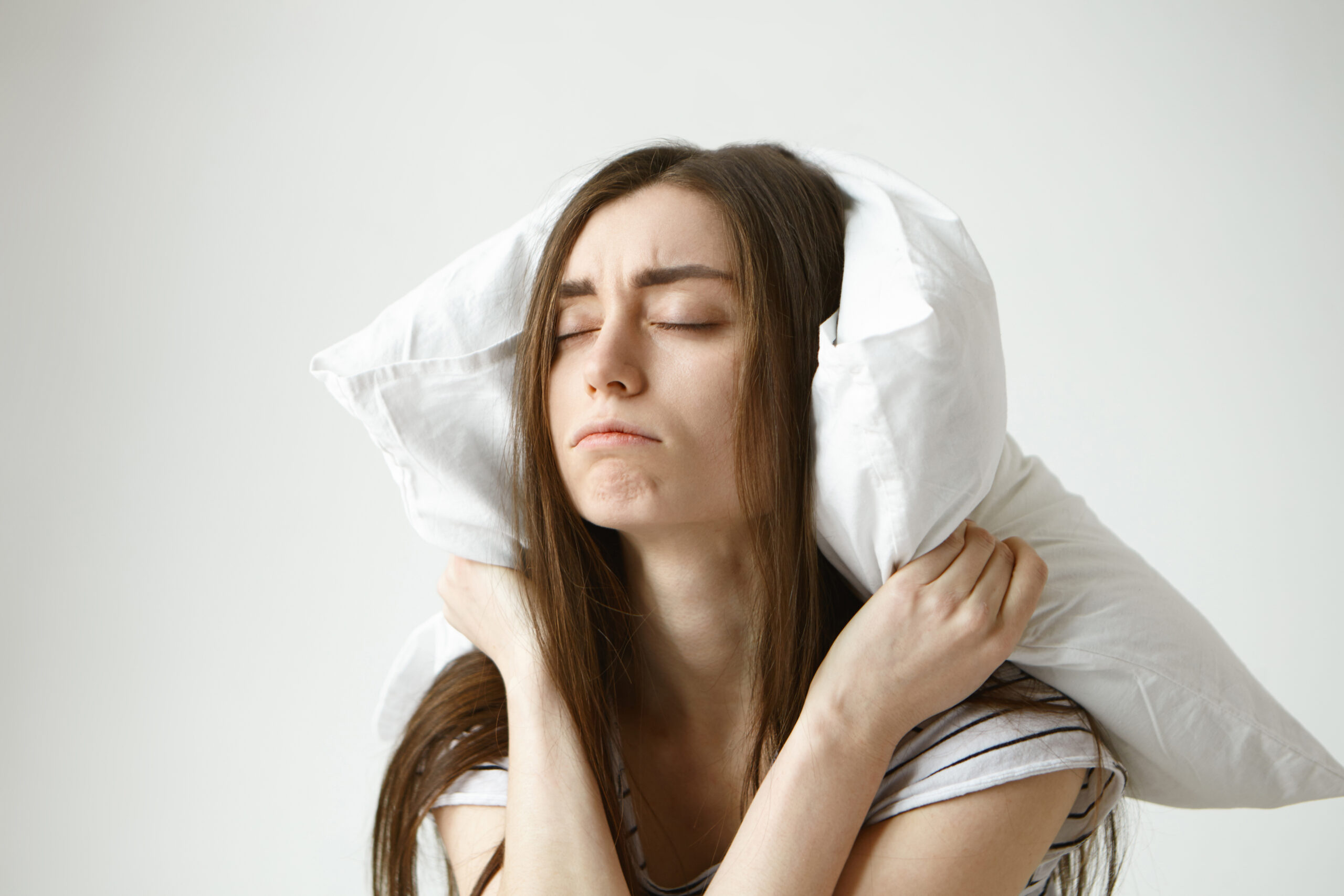
The diagnosis of insomnia![]() is mainly based on finding the cause of this state of affairs. For this, it is necessary to assess the general state of health, which is made by a doctor based on the collected medical history. During the patient's visit, blood pressure is measured. In some cases, periodic examinations and ECG are recommended. In a situation where, after examining the patient, their somatic condition does not indicate the cause of insomnia, mental disorders are excluded in a psychiatric office. After excluding the psychological factor, the doctor pays attention to the patient's lifestyle and suggests starting a sleep diary. Only after obtaining all the most significant information – it is possible to implement appropriate treatment.
is mainly based on finding the cause of this state of affairs. For this, it is necessary to assess the general state of health, which is made by a doctor based on the collected medical history. During the patient's visit, blood pressure is measured. In some cases, periodic examinations and ECG are recommended. In a situation where, after examining the patient, their somatic condition does not indicate the cause of insomnia, mental disorders are excluded in a psychiatric office. After excluding the psychological factor, the doctor pays attention to the patient's lifestyle and suggests starting a sleep diary. Only after obtaining all the most significant information – it is possible to implement appropriate treatment.
For people who have been unable to determine the cause of insomnia, it is recommended to consult a specialist sleep disorder clinic. During the visit, a group of specialists looks at slightly rarer causes, such as restless legs syndrome.
Treatment with the use of cognitive behavioral therapy![]() is the basic method of treatment of primary insomnia and secondary chronic insomnia, which coexists with other ailments.
is the basic method of treatment of primary insomnia and secondary chronic insomnia, which coexists with other ailments.
During treatment, it is also worth mentioning the factors that perpetuate the problem of sleep disorders:
Eliminating the above factors is necessary for insomnia to subside.
In cognitive-behavioral therapy, the most important are:
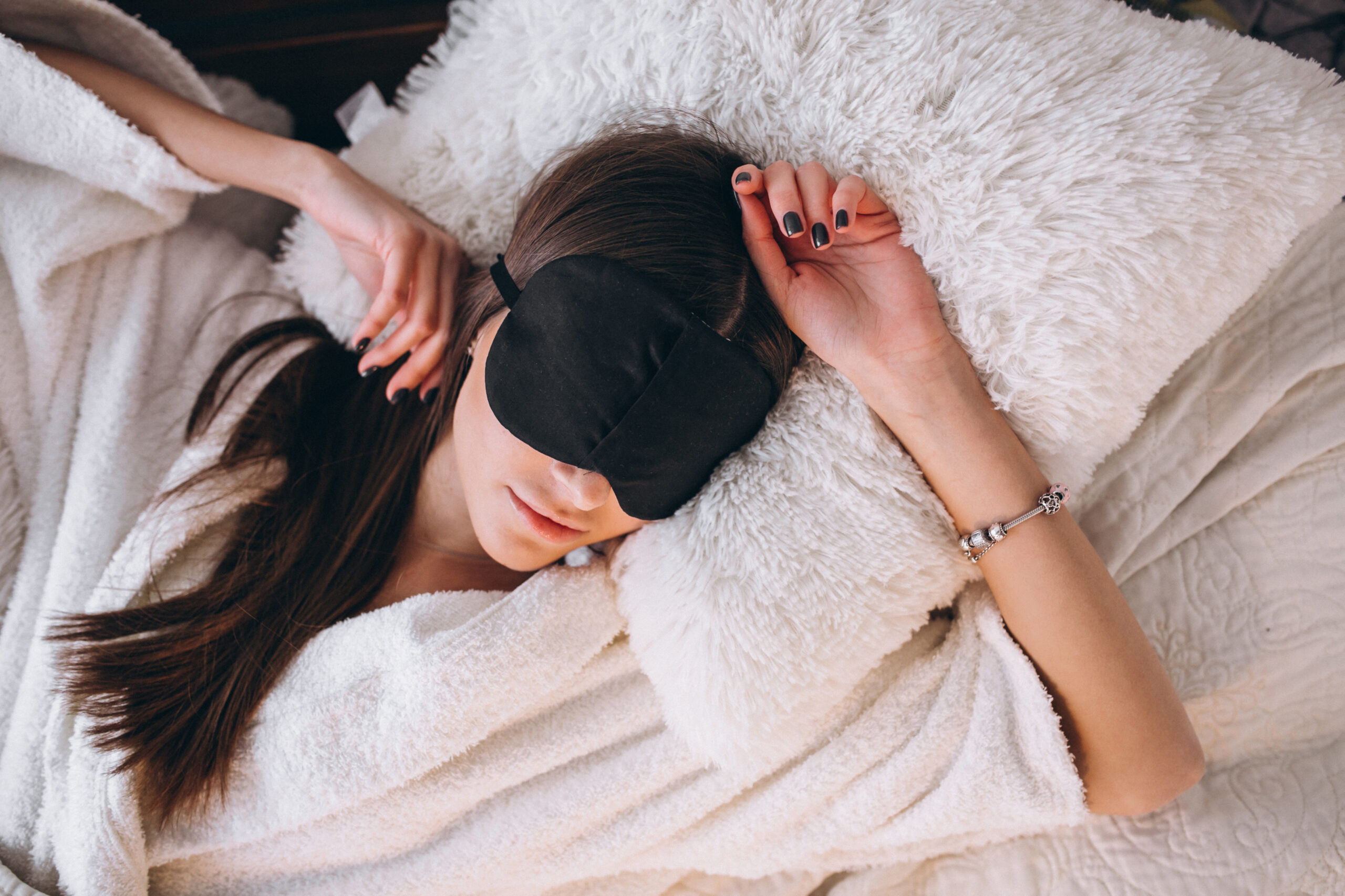
Pharmacological treatment![]() includes mainly sleeping pills and sedatives, antidepressants, and antipsychotics. In addition, it is recommended to use herbal agents
includes mainly sleeping pills and sedatives, antidepressants, and antipsychotics. In addition, it is recommended to use herbal agents![]() available in the pharmacy without a prescription, e.g., lemon balm or valerian.
available in the pharmacy without a prescription, e.g., lemon balm or valerian.
Intermittent use of sleeping pills means that a person does not get used to their effects, thanks to which they still have a positive effect on sleep. Thus, the risk of addiction is reduced.
We can use antihistamines, antidepressants, and antipsychotics for extended periods. It is because they are non-addictive. Specifically, antidepressants are commonly used to treat chronic insomnia, but it is recommended to take them in smaller doses and several hours before bedtime.
Antipsychotics taken in low doses help treat insomnia. Especially in patients with addictions and mental disorders. Taking these drugs is considered later because they cause several side effects, such as weight gain, tremors, stiffness, and lowering of blood pressure.
Preparations available in a pharmacy without a prescription (e.g., herbal medicines) are treated as a substitute for sleeping pills in a situation where insomnia is the result of stress and does not last for a long period.
Insomnia can be prevented![]() by:
by:
Our circadian rhythm determines the sleep-wake cycle – which makes it much easier to fall asleep. Maintaining a consistent sleep schedule is beneficial for keeping your physical well-being. It's significant to establish a consistent sleep schedule![]() by going to bed and waking up at the same time every day. You should also not allow yourself to sleep in on the weekend or take short naps during the day. It is also significant to allocate enough time for evening relaxation.
by going to bed and waking up at the same time every day. You should also not allow yourself to sleep in on the weekend or take short naps during the day. It is also significant to allocate enough time for evening relaxation.
Take care of proper hydration![]() . Drinking water is a significant element for the correct functioning of our body. Proper hydration not only improves the appearance of our skin but also supports the work of the heart and brain. Dehydration is also directly related to the stress we feel.
. Drinking water is a significant element for the correct functioning of our body. Proper hydration not only improves the appearance of our skin but also supports the work of the heart and brain. Dehydration is also directly related to the stress we feel.
Evening problems with falling asleep may therefore be caused by the presence of drinking coffee![]() too late. To enhance our sleep quality, it's advisable to restrict our caffeine intake during the afternoon and evening.
too late. To enhance our sleep quality, it's advisable to restrict our caffeine intake during the afternoon and evening.
Although alcohol![]() can make you tired, its presence in the body adversely affects sleep quality. Alcohol can lower blood sugar levels, causing you to wake up or fall asleep in the middle of the night. In addition, it also affects our well-being in the morning and causes fatigue during everyday duties.
can make you tired, its presence in the body adversely affects sleep quality. Alcohol can lower blood sugar levels, causing you to wake up or fall asleep in the middle of the night. In addition, it also affects our well-being in the morning and causes fatigue during everyday duties.
A healthy diet![]() affects the functioning of the entire body. A wholesome meal nourishes the body, helps stabilize blood sugar levels, and helps you fall asleep. However, it should be remembered that the last meal should be easily digestible and eaten at least two hours before bedtime. In addition, it is worth introducing protein-rich products to your diet, which are a good source of tryptophan, a compound that supports melatonin secretion.
affects the functioning of the entire body. A wholesome meal nourishes the body, helps stabilize blood sugar levels, and helps you fall asleep. However, it should be remembered that the last meal should be easily digestible and eaten at least two hours before bedtime. In addition, it is worth introducing protein-rich products to your diet, which are a good source of tryptophan, a compound that supports melatonin secretion.
A bit of planning will keep our minds occupied and prevent the “I forgot something” feeling in the evening. Preparing a to-do list for the next day will also allow us to reduce the stress of not having enough time in the morning, which can translate into a positive attitude accompanying us for the rest of the day.
Doing intense exercise![]() before bedtime that increases our energy and pumps our blood may not be a good choice. On the other hand, stretching or light, relaxing yoga can activate the parasympathetic nervous system, which is responsible for resting the body. This type of evening routine can positively affect the quality of our sleep, help to relax the body, and thus facilitate falling asleep.
before bedtime that increases our energy and pumps our blood may not be a good choice. On the other hand, stretching or light, relaxing yoga can activate the parasympathetic nervous system, which is responsible for resting the body. This type of evening routine can positively affect the quality of our sleep, help to relax the body, and thus facilitate falling asleep.

Time for yourself does not always have to be associated with physical activity. A moment of silence for us can be writing down a few pages of the journal, listing the things for which we are grateful, or meditating. Reflecting on the past day and being consciously grateful for what we have can improve our mood and make us able to rest.
Physical hygiene is also related to sleep hygiene. Brushing your teeth and face or showering right before bedtime can soothe, calm, and make you feel refreshed and ready for sleep.
Table of Contents
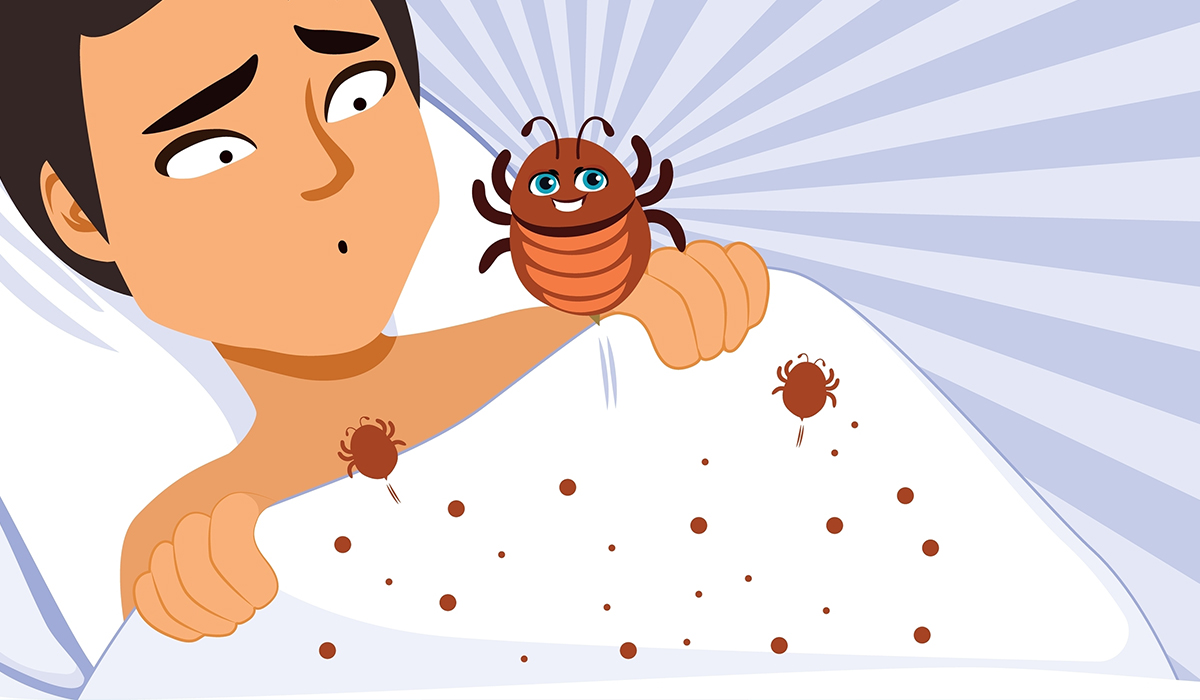
Bed bugs are parasites that feed on human blood. The insect bites can cause a variety of symptoms. Learn how… read more »
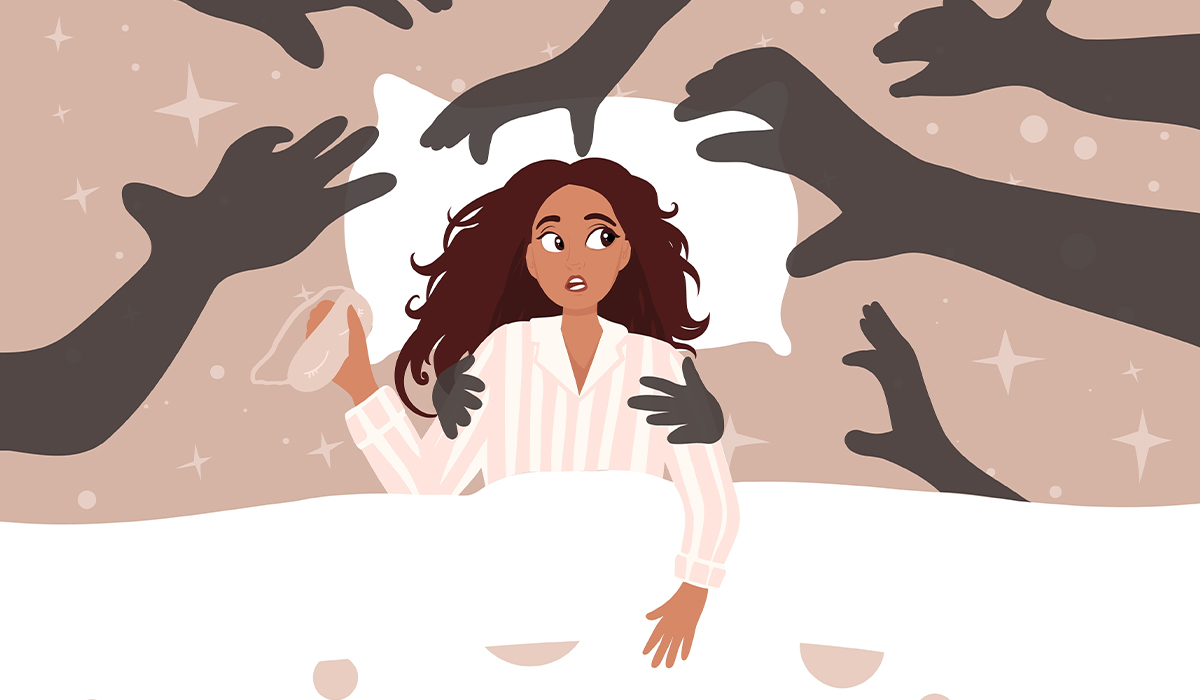
Sleep paralysis is a condition in which you experience a feeling of inertia of the entire body. What are the… read more »
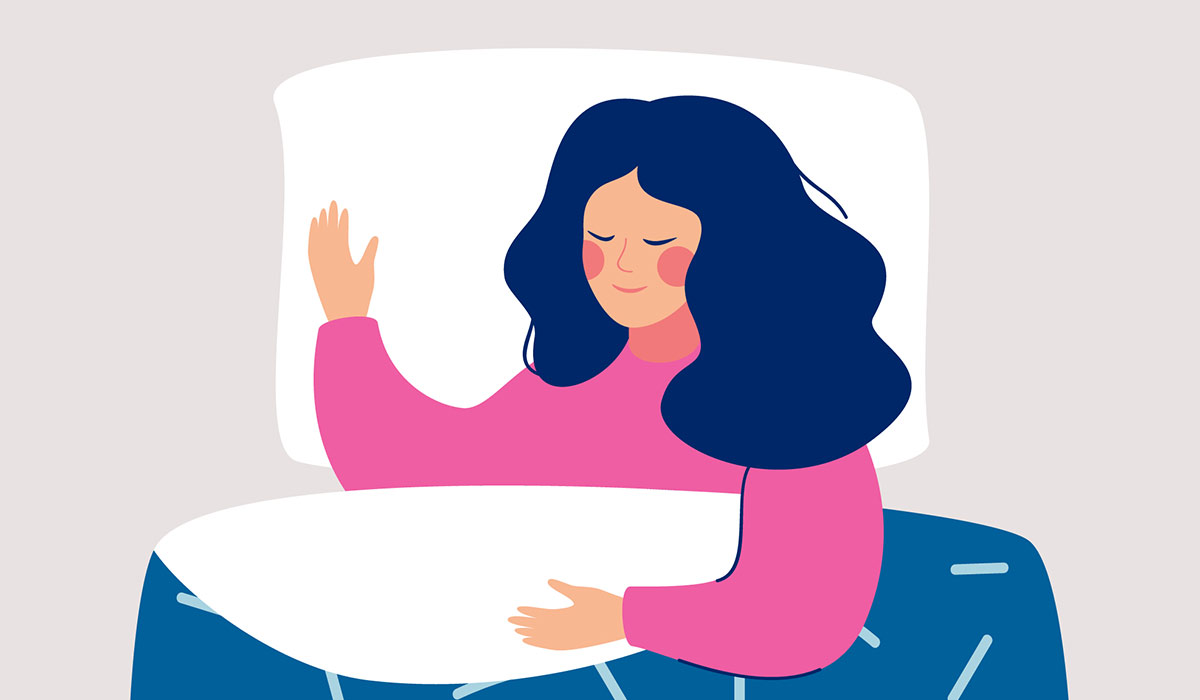
REM is the stage of sleep in which rapid eye movements occur. What then happens in the brain and body?… read more »
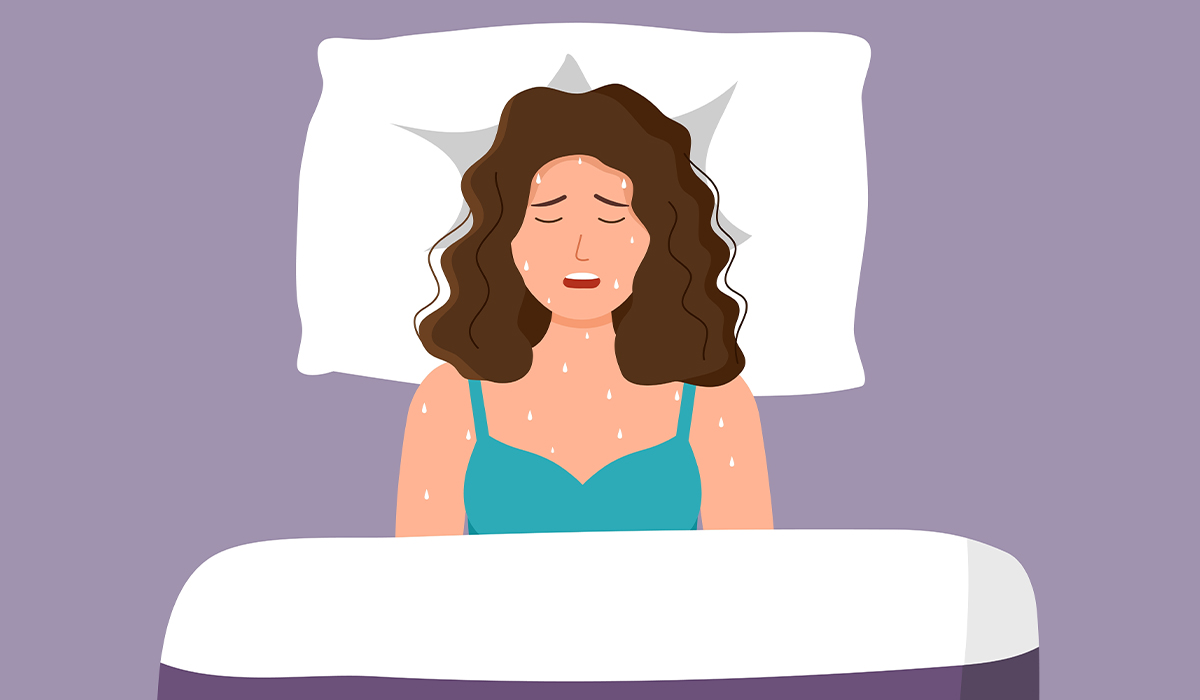
Night sweats refer to excessive sweating during sleep that is unrelated to overheating or environmental factors. They are often associated… read more »
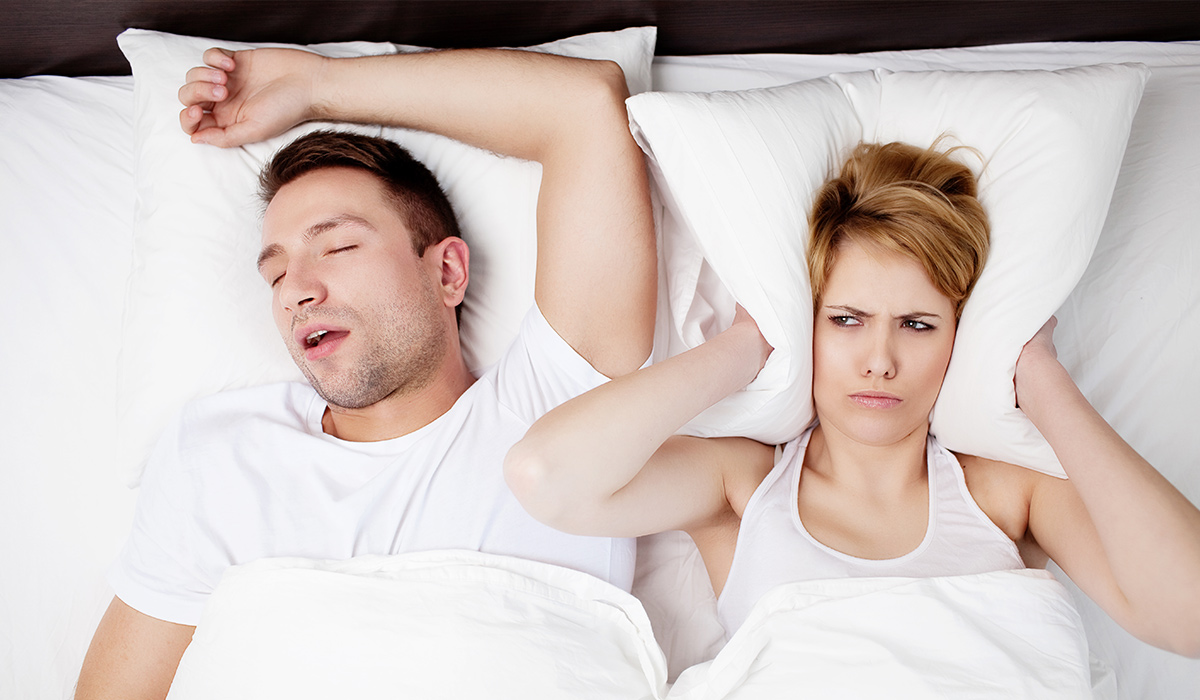
Don't let sleep disorders take away your enjoyment of life. Find out if you have symptoms of sleep apnea. Learn… read more »
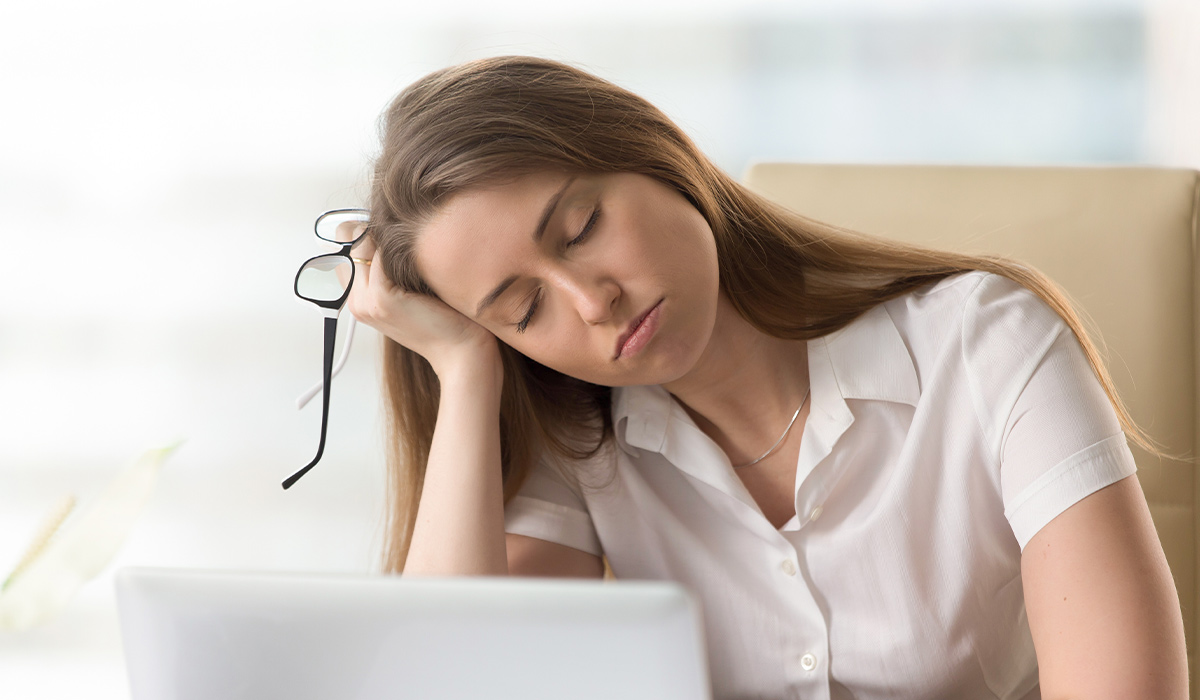
Narcolepsy is a disease of sudden, involuntary sleep attacks during the day. What are the other symptoms of the disease?… read more »
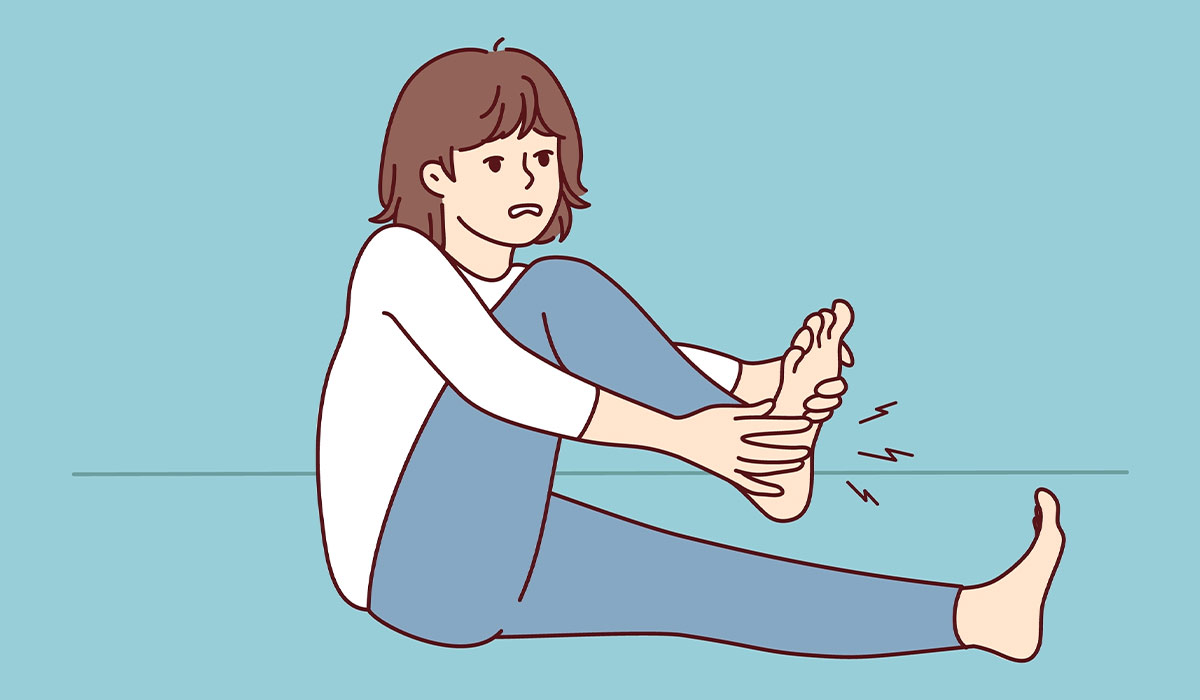
Restless legs syndrome is a disorder that causes unpleasant sensations in the legs and an irresistible urge to move them.… read more »
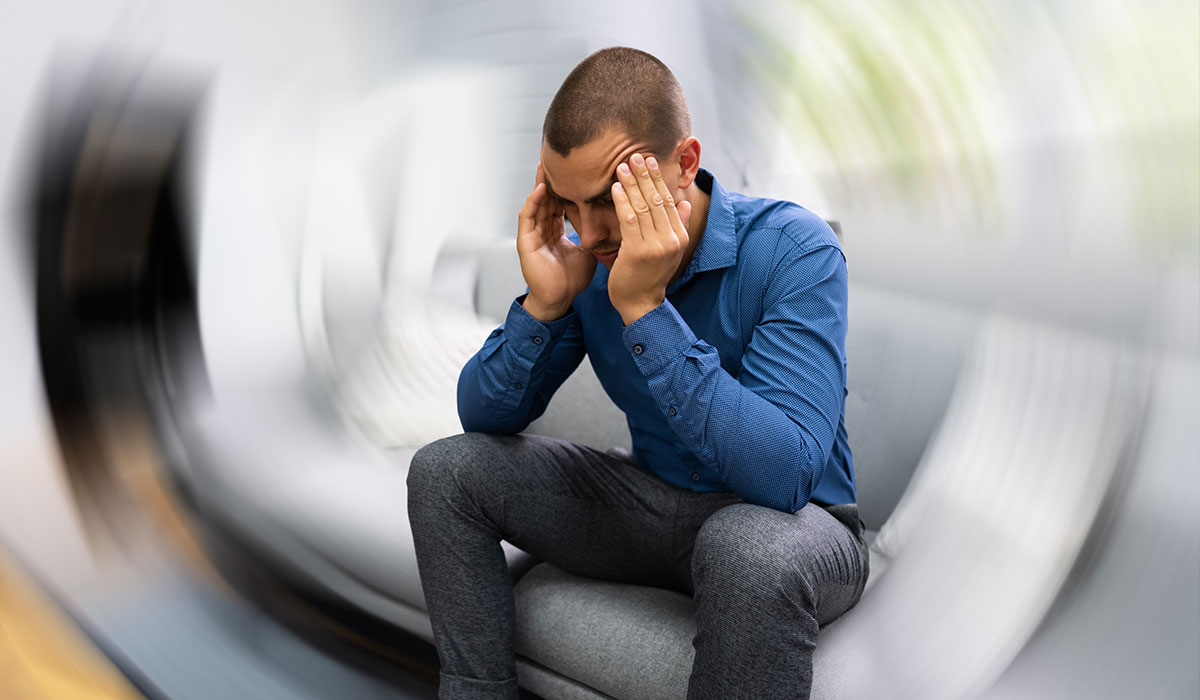
Vertigo is the illusion of environment movement. It is usually accompanied by nausea, loss of balance and a feeling of… read more »
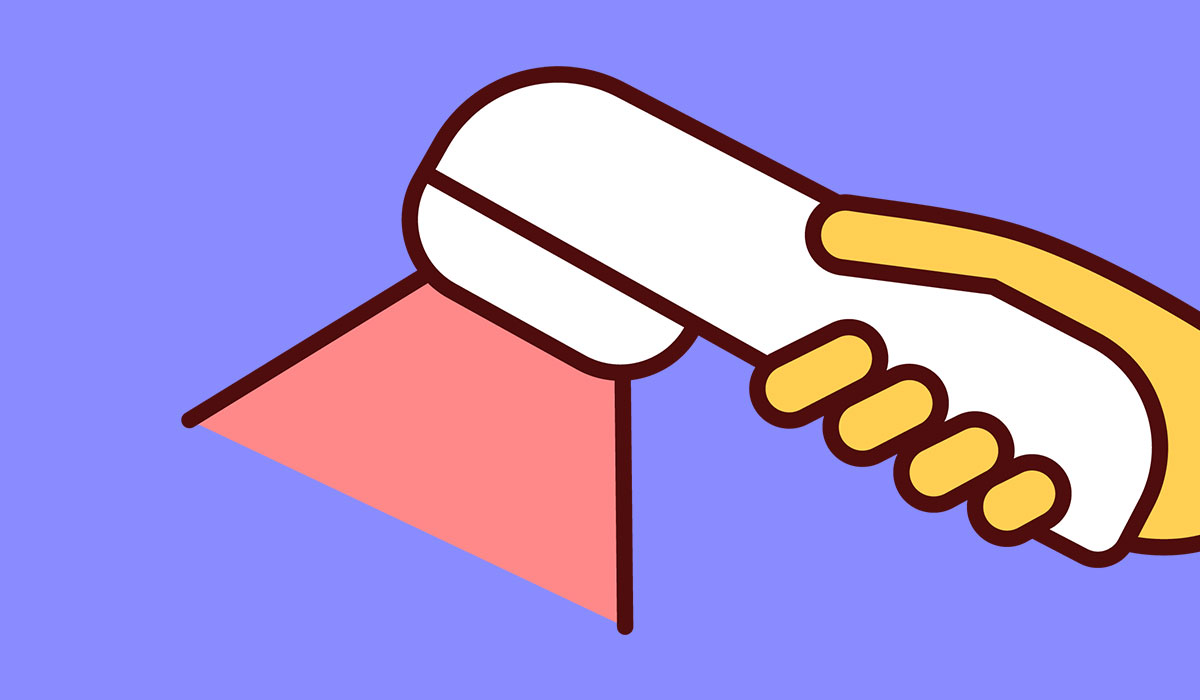
Light therapy, also known as phototherapy, is a treatment that uses specific types of light to address various medical and… read more »